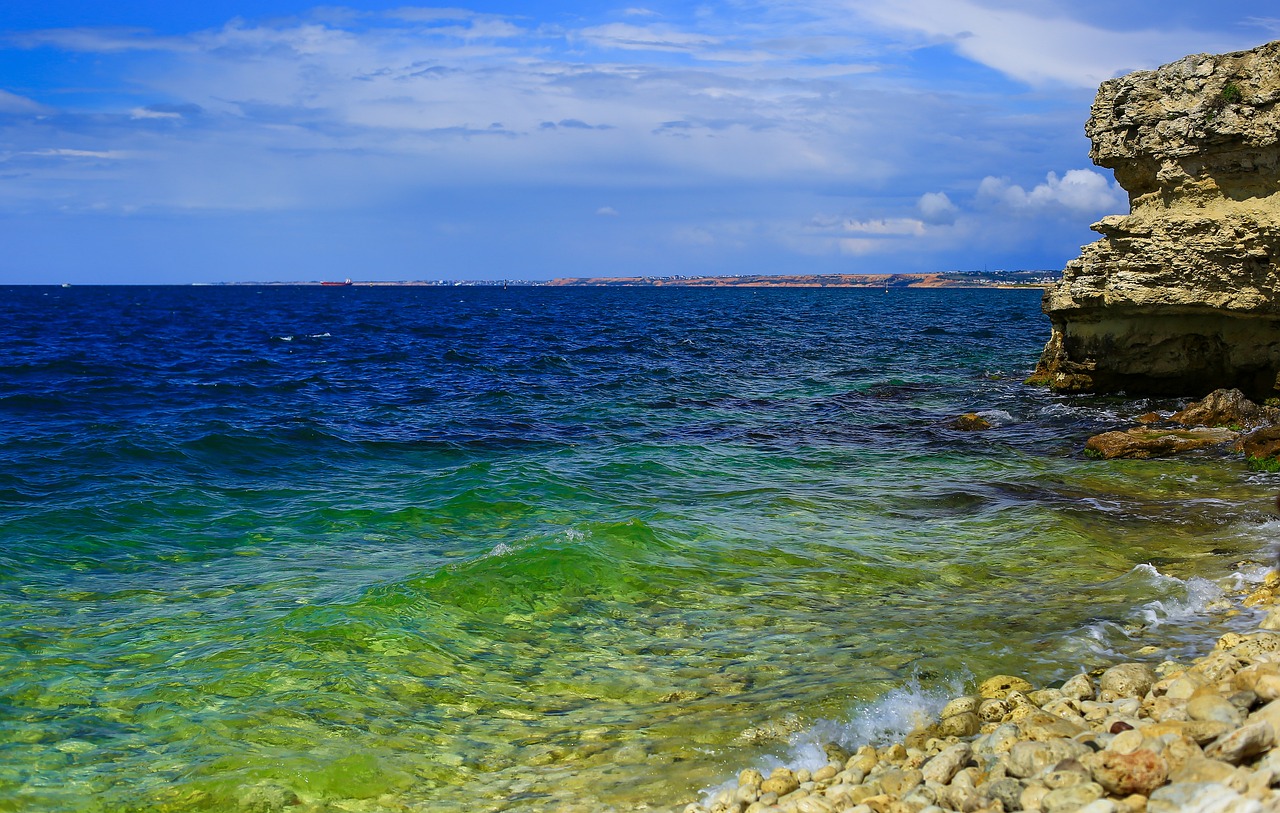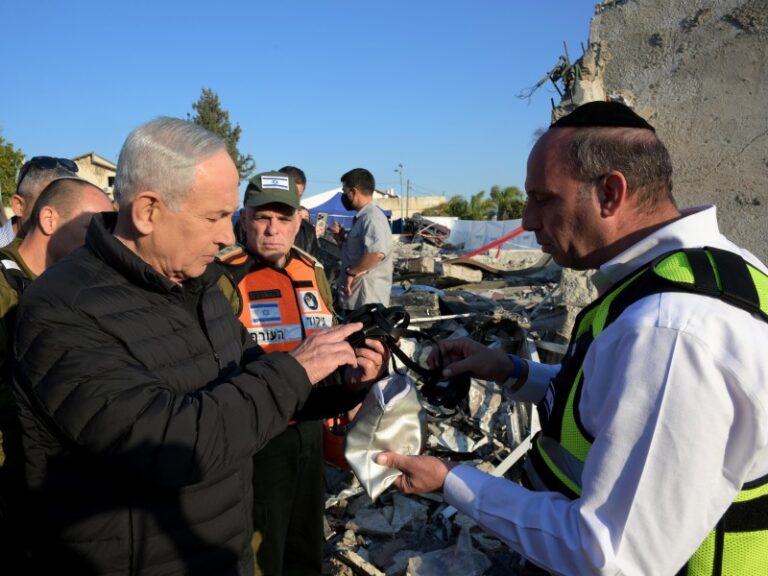
Black Sea, Crimea
Moscow/Jakarta: Russia has of late been indicating that it will not extend the Black Sea Grain Initiative after July 18, 2023, if promises made to it are not fulfilled. President of Turkiye Recep Tayyip Erdogan too has said that the Turkish side was examining new proposals on the grain deal from Russian President Vladimir Putin.
In Moscow, to a question on how long Russia was prepared to wait (to renew the deal), Russian President Vladimir Putin told a journalist, “As long as it takes to fulfil the promises made to us”.
This is not the first time that it has threatened to bulldoze the deal.
It was because of the efforts of the United Nations Secretary-General Antònio Guterres and the mediation of Türkiye that Russia and Ukraine agreed and signed an agreement on the Black Sea Grain initiative on July 22, 2022, which was initially valid for a period of 120 days to allow safe transportation of grain and foodstuffs from Ukrainian ports.
Specifically, the initiative opened a path for significant volumes of commercial food exports from three key Ukrainian ports in the Black Sea — Odessa, Chornomorsk and Yuzhne. However, just 24 hours after finalizing the deal to allow the resumption of Ukrainian agricultural exports through the Black Sea, Russia launched a missile attack on the Ukrainian port of Odessa on July 23, 2022. Moscow claimed the targets were actually the separate military sections of the Odessa port. However, what cast doubts over Russia’s commitment to the Agreement then was the Russian claim that there were secondary sanctions clamped by the United States that impacted their ability to export their grain. The US had denied the claim on grounds that Russian grain was not in any way sanctioned.
Thereafter, Russia suspended the initiative on October 29 only to rejoin it on November 2, 2022, after Russian President Vladimir Putin in a telephone conversation with the President of Indonesia Joko Widodo claimed Ukraine had agreed to guarantee the non-use of the humanitarian route for military purposes.
On November 17, 2022, the agreement was extended for a further 120 days. But then again on March 13, 2023, Russia decided to cut down the extension of the Black Sea Grain Initiative to 60 days from 120 days on the grounds that the West wanted the Russian agricultural exports to be blocked so that grain exports from Ukraine continued growing unimpeded, bringing huge profits to the Kyiv regime. Thereafter, on May 17.2023, Russia ended the suspense yet again to confirm the extension of the Initiative by another two months “as one more chance to help ensure global food security not on paper but in real life and above all help the countries that need this most of all”.
Now as the fresh deadline is approaching, so is the suspense over its further extension by Russia. Russia is unhappy that its part of the package concerning its exports was not being fulfilled.
Putin endorsed this view during his interaction with journalists in Moscow on July 13, 2023. He said: “As for the conditions under which we agreed to ensure the safe export of Ukrainian grain, yes, there were clauses in this agreement with the United Nations, according to which Russian interests had to be taken into account as well. This concerns logistics, insurance, the movement of money related to the payment for our products, and many other points. Nothing – I want to emphasise this – nothing was done at all. There was no give and take. Not a single clause related to what is in the interests of the Russian Federation has been fulfilled.”
Putin went on to add: “Despite this, we have extended this so-called deal many times of our own free will. Repeatedly. Well, listen: enough is enough, finally. We are now being told that we should once again agree to the extension, and they pledge to honour the promises made to us. We will think about it – we have several days – we will think about what to do. But if they tell us that they will fulfil the promises they made to us, which, by the way, are guaranteed by the United Nations… And I know that the Secretary-General and the United Nations staff who are dealing with this problem are sincerely striving to fulfil the relevant conditions, including with regard to Russia – I have no doubt about that. But they are not succeeding because the Western countries are not going to keep their promises.”
Putin has often said that while initially, the UN and Secretary-General Antonio Guterres presented the deal primarily as assistance for the world’s poorest countries with a view to preventing famine there, of all the food, primarily grain, exported from Ukraine, only a little more than 3 per cent went to the poorest countries – “Everything else went to a well-fed and prosperous Europe”.
Given the ambiguity over the deal’s future, the US Secretary of State Antony J. Blinken today emphasised that it was essential to extend and expand the Black Sea Grain Initiative, and if Moscow followed through on its threat, developing countries will pay the price, including quite literally with higher food prices, as well as greater food scarcity.
Countering Putin’s charges, Blinken claimed because of the initiative the equivalent of 18 billion loaves of bread could be delivered primarily to developing countries, and also, for everyone, a lowering of prices.
“The fact that Russia is now once again using that as a weapon and threatening to end it is targeting not just Ukraine but targeting people throughout this region and around the world. So I think it’s everyone’s expectation that Russia extends and, indeed, expands this initiative,” Blinken said in Jakarta during an ASEAN ministerial meet today.
Interestingly, Russian foreign minister Sergey Lavrov told media persons in Jakarta on July 13 that both Putin and Erdogan had been discussing “for a long time”, their common readiness to work, regardless of other agreements, on preferential grain supplies, primarily to countries that are most in need of this commodity.
On a positive note, Lavrov said Türkiye was interested in helping to process Russian grain and participating in a scheme that would make it possible to independently help developing countries.
– global bihari bureau





